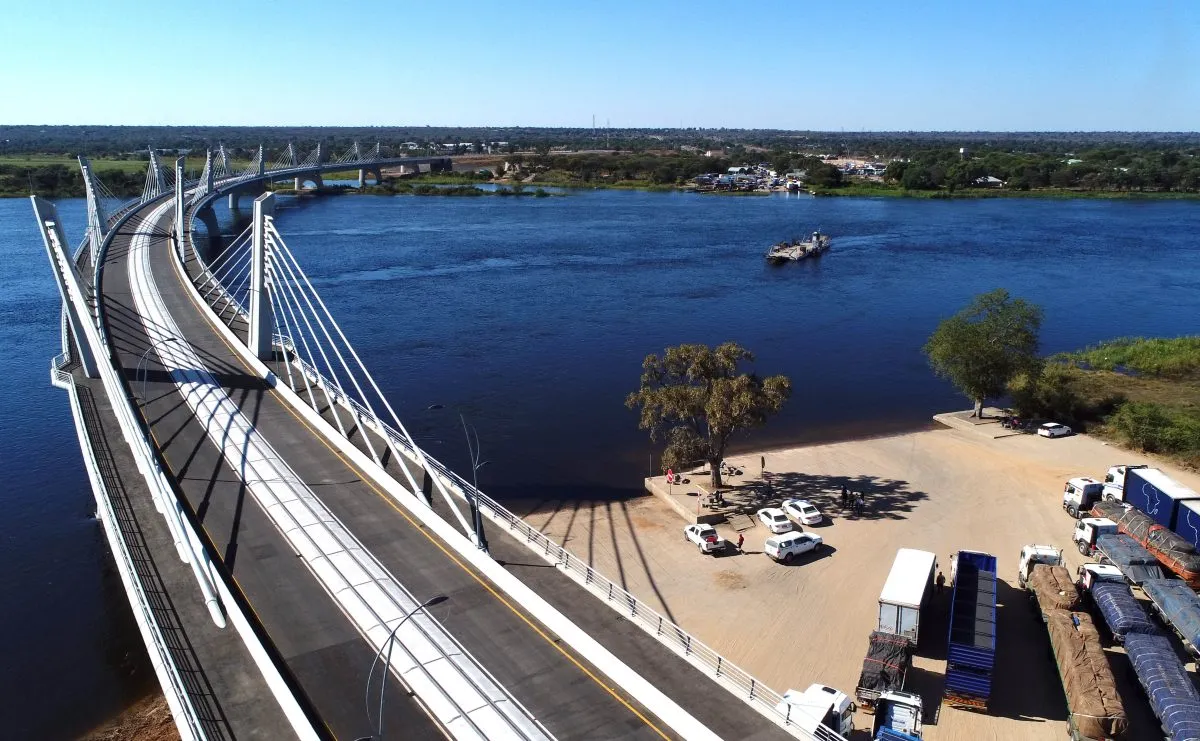“Because we focused on the snake, we missed the scorpion”. This Egyptian proverb captures the need to consider issues in a comprehensive way to come up with the most adequate solution.
But beyond the need to have a 360-degree view, this proverb is also about problem stating. If you don’t define a problem well, you will end up applying the wrong solutions.
And this applies to Africa’s financing issues. Africa continues to face what I once called the treadmill challenge. That is the constant juggling to create and maintain adequate fiscal space to meet debts and other payments as they fall due, while raising the appropriate combination of patient capital to grow the economy, create jobs, widen the tax base, and improve the lives of millions. This juggling has become complex in a context marked by a mix of shocks including food and fuel, the impact of the Russia-Ukraine war, climate change, political tensions, and tighter global financial conditions. These have increased Africa’s financing gap and debt vulnerability.
Against this backdrop, infrastructure development, especially in the energy, road, and water sectors, as well as improving governance and providing a business-friendly environment, are critical. The African Development Bank estimates that between $130bn and $170bn is required for infrastructure development each year, leaving a gap of around $100bn.
The advantages of concessional finance
Concessional finance, also defined as below-market-rate finance, is one of the options. In 2016, we needed such funding to complete a road in southwestern Guinea, which allowed access to the breadbasket of my country. In addition, political considerations were also at stake for a region whose populations had felt overlooked. We were offered financing from one development finance institution but told that this was not meeting our debt ceiling. It was important to unlock this region’s opportunities and provide more access to farm products and increase farmers’ income. So we looked for additional funding, which we found with the European Commission. This enabled us to comply with the indebtedness ceiling of our IMF-supported program and, most importantly, to complete an important road for the country.
This example shows the pertinence of concessional resources, especially in the current context, which sees higher interest rates paid by African countries on Eurobonds or commercial debts. They pay 5% to 16% on 10-year government bonds, compared to rates near zero or negative for US and European governments, which have enjoyed concessional funding since the pandemic. African governments now spend more on servicing their debts than allocating resources to sectors such as education and health.
In this context, concessional finance is relevant to reduce debt vulnerability and must significantly increase. But concessional loans have declined for about a decade. In 2022, they represented 64% of total multilateral debt, down from 78% in 2012. Partly owing to better macroeconomic policies, several African countries were increasingly able to access international financial markets. Inasmuch as this is positive, it may to some extent also reflect inherent problems within financial institutions and the way they operate.
African countries have criticised onerous or unclear requirements from lenders regarding loan applications and disbursements, delays in approval, or disbursement times not meeting the cash flow needs of projects. We faced similar issues in Guinea. There were instances in which we chased concessional funding in vain from financial institutions that were both too slow and unclear. This calls for a continued transformation on their part based on an objective assessment. We need development finance institutions that will be more accountable to governments, avoid too much groupthink and propose experience-driven solutions. Progress has been made, but more can be done to get those institutions to add value.
But the conversation about increasing concessional finance in Africa should also underscore the following points.
Time to boost domestic funding
Africa needs patient capital in its various forms and in local currency. To that end, pursuing reforms to deepen our financial markets to harness the domestic resources we have on the continent is crucial. These resources include institutional investors such as pension funds; they can also include informal sector players. Harnessing domestic resources can help eliminate costs incurred by depreciation in exchange rates, which have also been one of the drivers of debt for several countries. In fact, these accounted for about 60% of the increase in public debt. Additionally, developing national financial markets that will be more liquid and deeper as well as strengthening regional ones should be pursued in the context of operationalising the African Continental Free Trade Area.
Risk perception and ratings by credit agencies do not work for Africa. The perceived lack of transparency, objectivity, opaque methodology of international agencies and the conflict of interest that may exist between financiers and these agencies, calls for a new approach to end the bias against our continent. In this regard, I welcome the setup of such an agency by the African Union. But it will be important to leverage the robust work already done by existing African-led agencies. These are interlocutors that not only understand our specific context and the complexities of our economies, but are also independent, while caring for quality and the highest standards.
Further to this, should the push for concessional finance not trigger a deeper discussion about macroeconomic policy coordination at the global level even though complex to implement and achieve? Part of tightened financial market conditions stem from policies carried out to curb rising inflation levels. But the policy response did miss out on analyses pointing to corporate profits being the primary driver of inflation. And it triggered a classic policy action: interest rate hikes – with complex consequences for other regions, including Africa.
Not only may we have missed the scorpion, because we focused on the snake, but we may have mistaken the worm for a snake!
As a result, this should be a call to enhance macroeconomic policy coordination at the continental level. In this regard, the launch of the Alliance of African Multilateral Financial Institutions in February this year and Africa’s seat at the G20 are key milestones. The latter will require that we speak with a voice that amplifies our agenda and influences decision-making. I strongly believe this could also be achieved by empowering our African financial institutions. Let’s not beat about the bush, there is one simple way to do it: it is by significantly increasing funding of these institutions by African governments.
Want to continue reading? Subscribe today.
You've read all your free articles for this month! Subscribe now to enjoy full access to our content.
Digital Monthly
£8.00 / month
Receive full unlimited access to our articles, opinions, podcasts and more.
Digital Yearly
£70.00 / year
Our best value offer - save £26 and gain access to all of our digital content for an entire year!

 Sign in with Google
Sign in with Google 



